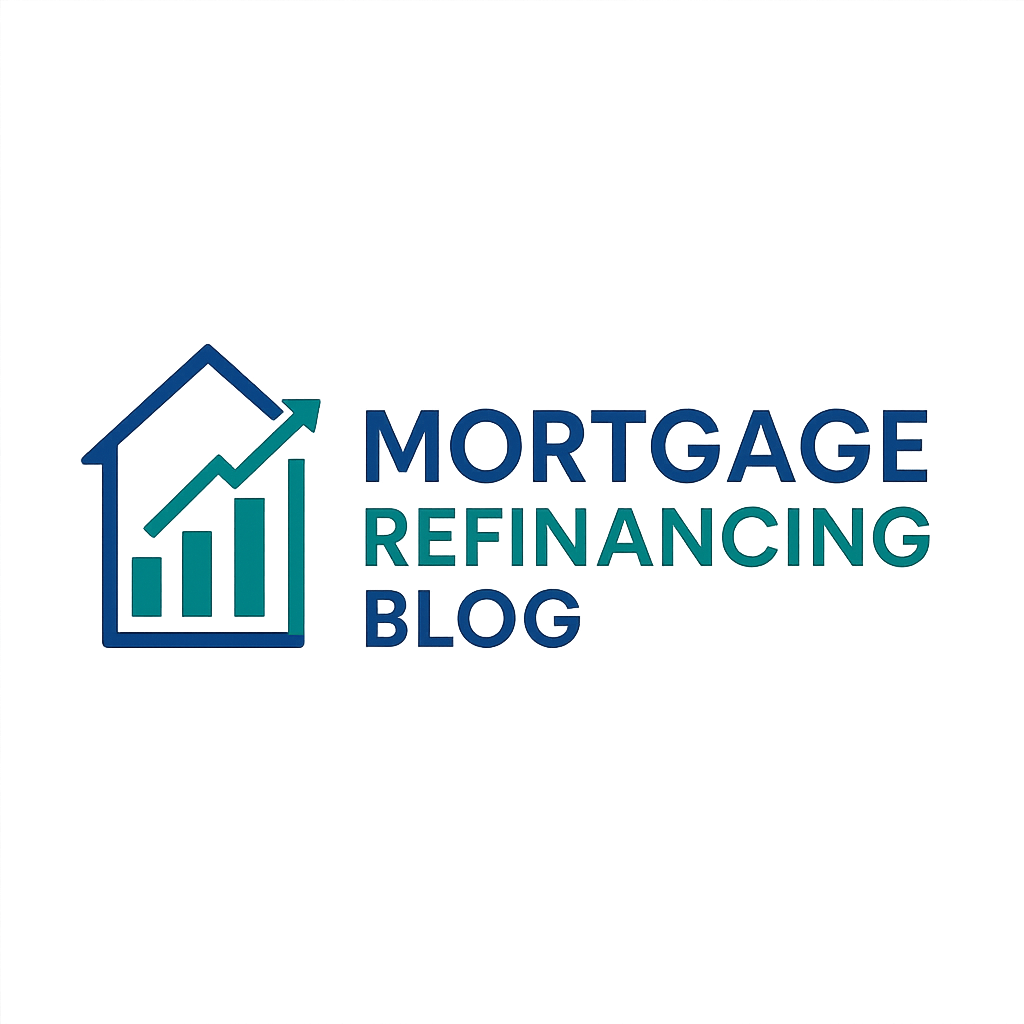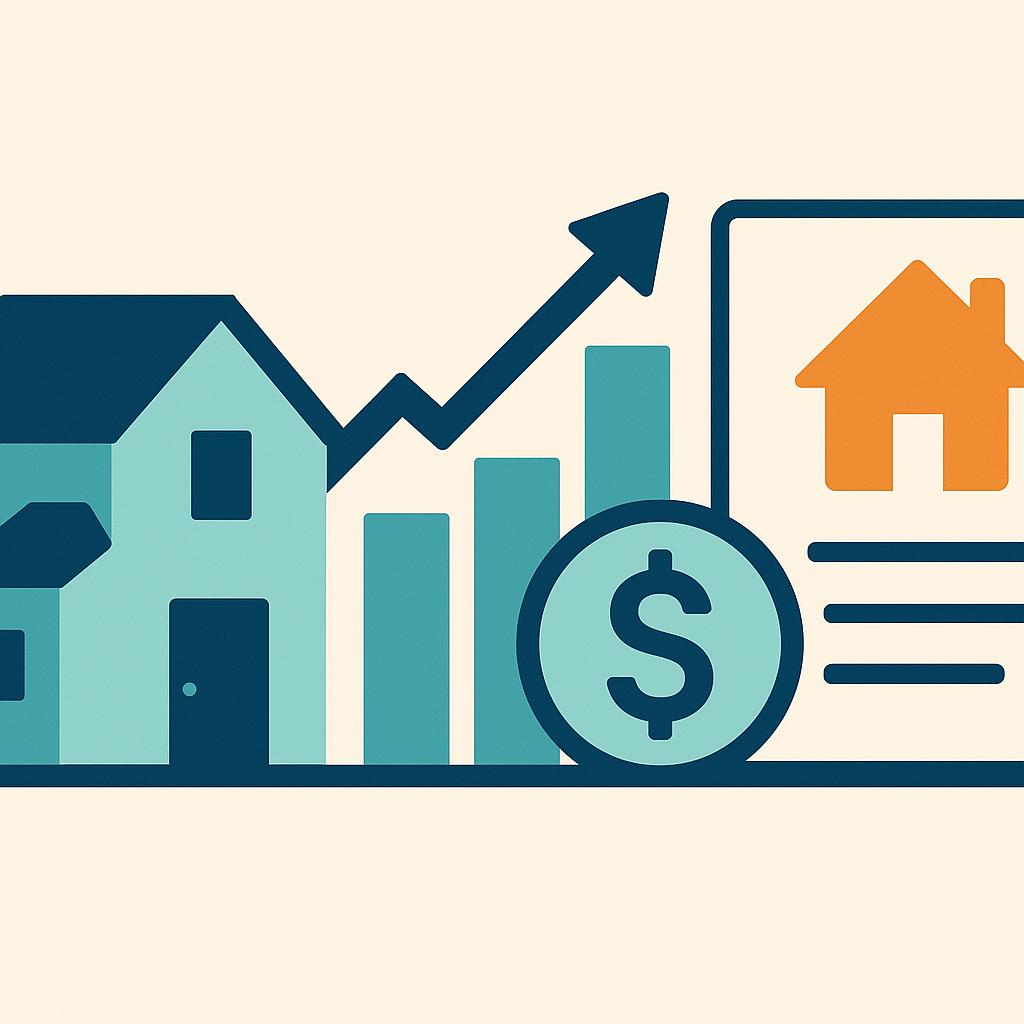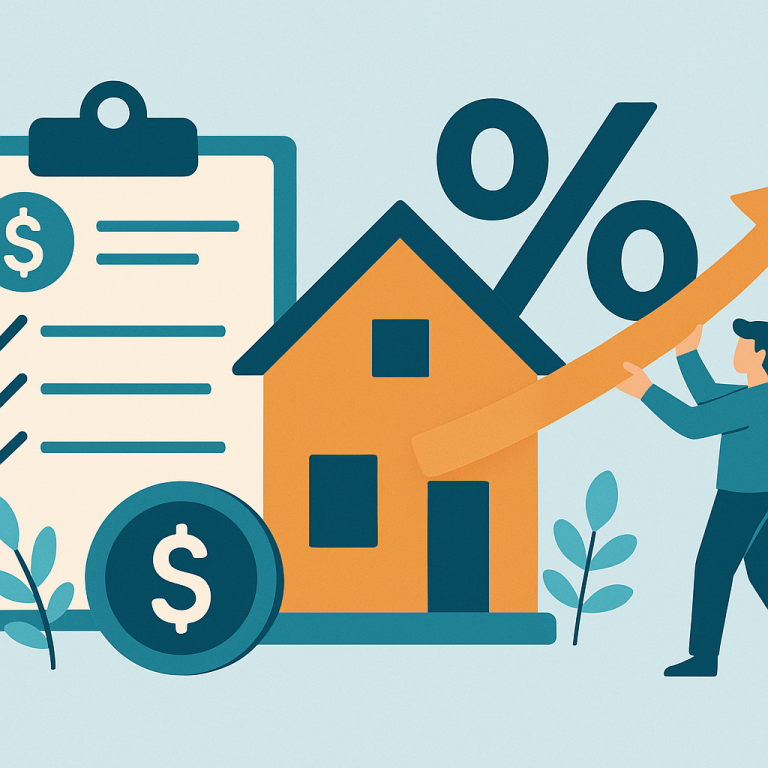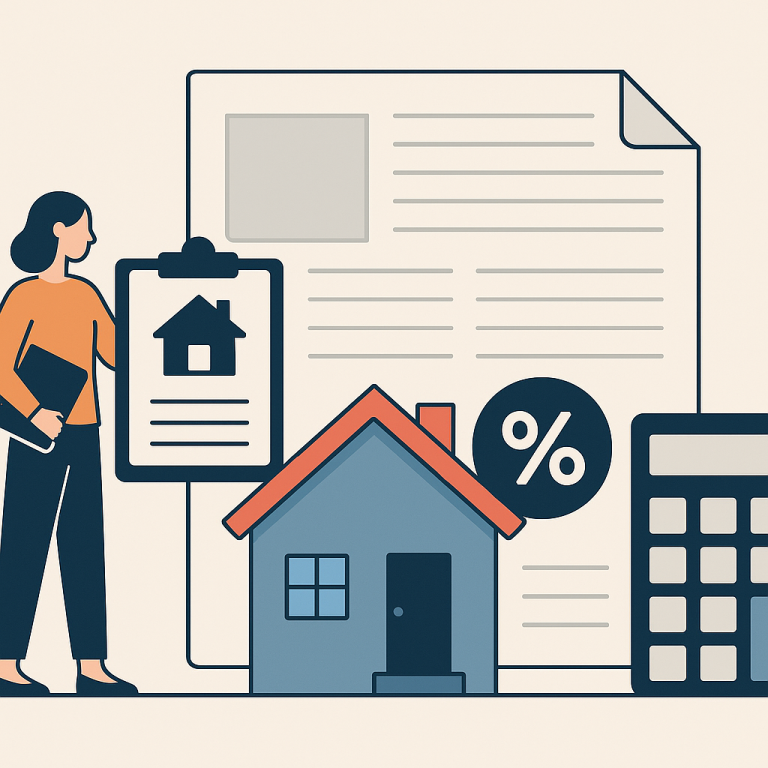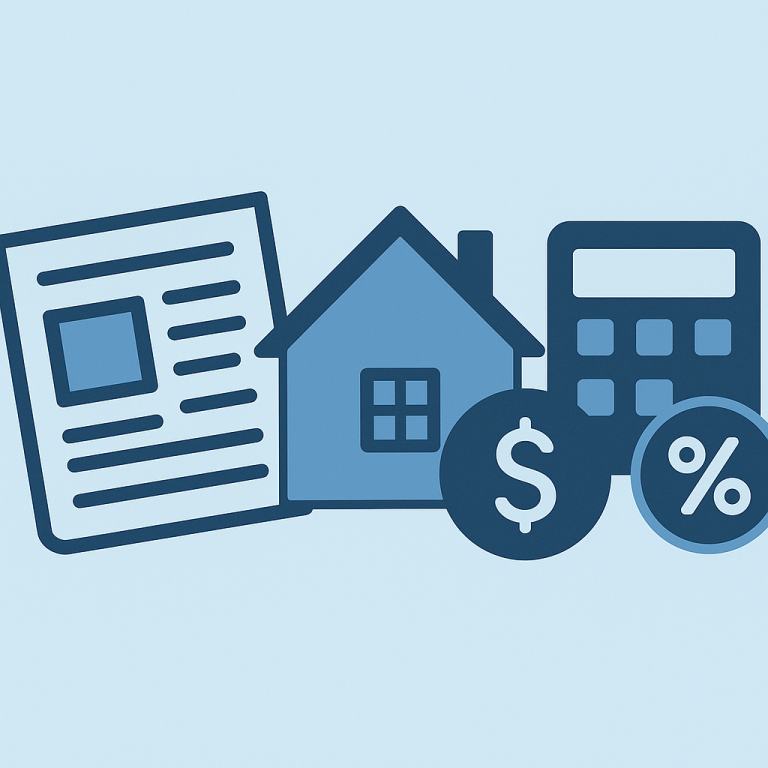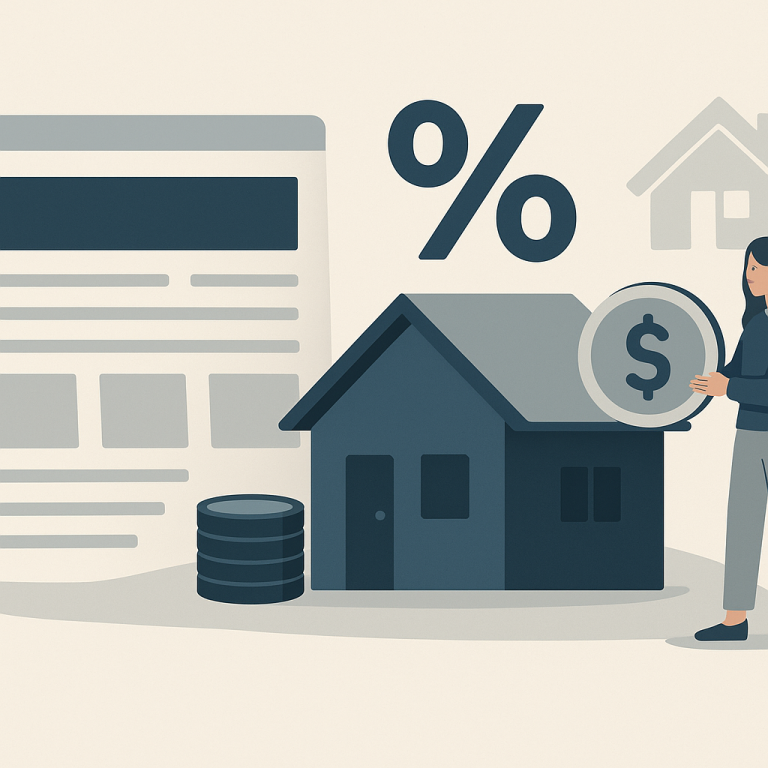Monthly Refinance Applications Rise 18% After 30-Year Fixed Rate Drops
At a glance: The latest mortgage rate drop and how it could affect refinancing decisions.
Mortgage rates have moved lower. That can improve affordability and may reopen refinance options for borrowers whose current rate is above today’s quotes.
What the Rate Drop Means for Borrowers
Refinancing activity has adjusted as mortgage markets settle after recent volatility. While headline refinancing booms have subsided, selective opportunities remain for homeowners who align objectives with current lender offerings. The practical decision is less about chasing the lowest advertised rate and more about matching timing, loan features and costs to individual financial goals.
Key factors to weigh before refinancing
Homeowners should evaluate several interrelated considerations that determine whether a refinance will produce meaningful long-term benefits.
- Rate differential and break-even period: Estimate how long it will take for monthly savings to cover closing costs and fees. A meaningful rate reduction over the period you expect to remain in the home generally justifies the transaction.
- Closing costs and fees: Origination charges, appraisal fees and other closing costs can erode immediate savings. Some loan programs offer lender credits that reduce upfront expenses but may slightly increase the interest rate.
- Remaining loan term and amortization: Refinancing into a new long-term mortgage can lower monthly payments but may increase total interest paid over the life of the loan. Refinancing to a shorter term can save interest but typically raises monthly payments.
- Home equity and loan-to-value (LTV): Available equity affects eligibility and pricing. Lower LTV ratios generally qualify for better terms; higher LTV may increase costs or require mortgage insurance.
- Credit profile and documentation: Credit score, debt-to-income ratio and documentation readiness influence offers. Improved credit can unlock more favorable refinance pricing.
- Loan features and penalties: Check for prepayment penalties on the existing mortgage and compare features such as fixed vs adjustable rates, escrow handling and flexibility for future payments.
When refinancing typically makes sense
Refinancing is often beneficial in specific scenarios: when you can shorten the remaining loan term without straining monthly cash flow, when converting an adjustable-rate loan to a fixed-rate product reduces interest-rate risk, or when consolidating higher-cost debt through a cash-out refinance provides a lower blended interest cost and a clear repayment plan. Conversely, refinancing for a marginal rate improvement or shortly before plans to sell is usually less advantageous.
Practical steps for homeowners
Take a methodical approach to decide whether to refinance:
- Gather multiple lender quotes and compare APRs, not just nominal rates.
- Run break-even and total-interest calculations based on expected time in the home.
- Factor in closing costs, potential escrow changes and tax considerations related to interest deductions.
- Confirm documentation requirements and the lender’s estimated timeline to close.
- Review alternatives such as modifying the current loan, a home equity line of credit, or targeted debt restructuring.
Homeowner takeaways
- Prioritize break-even analysis over headline rates to determine real savings.
- Consider both monthly cash flow and lifetime interest costs when choosing term length.
- Verify equity and credit readiness to avoid surprises in pricing or eligibility.
- Compare full loan estimates from multiple lenders and check non-rate terms.
- Use refinancing strategically—for risk reduction, debt management or term shortening—rather than reacting to short-term rate movements.
Refinancing can be a valuable tool when timed and structured correctly. Homeowners who focus on clear financial objectives, complete a thorough cost-benefit analysis and shop providers are best positioned to capture genuine value from a refinance.
META: refinance, mortgage, homeowners, break-even, closing costs, loan term
